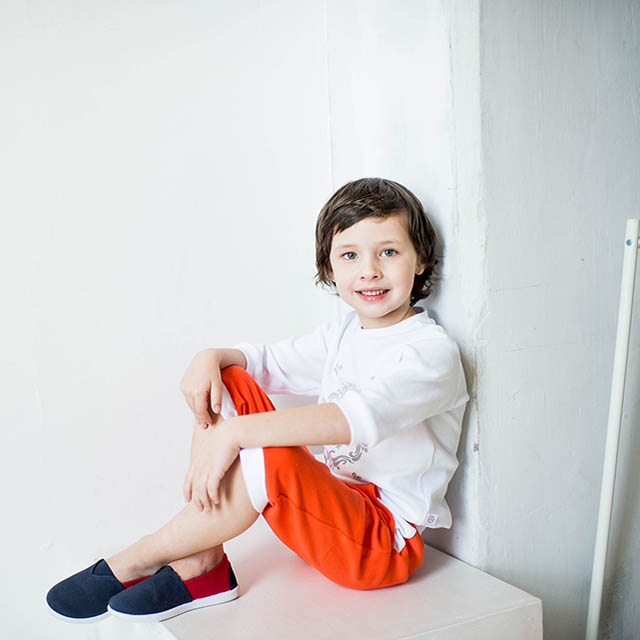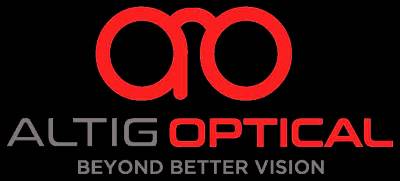Why Are Pediatric Eye Exams Important?
Good vision is essential for a child’s learning and development. Vision problems often go unnoticed because children may not realize they aren’t seeing clearly. Regular eye exams with a trusted pediatric eye doctor in Fort Worth can detect and address issues such as:
- Refractive errors like nearsightedness, farsightedness, and astigmatism.
- Eye alignment problems, including strabismus (crossed eyes).
- Focusing issues or visual processing challenges.
- Early signs of eye diseases or conditions.
Detecting and treating these issues early can prevent long-term vision problems and help your child perform their best in school and beyond.

What to Expect During a Pediatric Eye Exam
Our pediatric eye exams are tailored to meet the needs of younger patients, ensuring a comfortable and stress-free experience. During the exam, our pediatric eye specialist in Fort Worth, TX will:
- Assess Visual Acuity: Measure how well your child sees at various distances.
- Check Eye Alignment: Evaluate how the eyes work together to detect any alignment or focusing issues.
- Screen for Eye Conditions: Identify early signs of eye diseases or other vision concerns.
- Prescribe Glasses or Treatments if Needed: Provide recommendations to correct vision problems and improve your child’s sight.
Our goal is to create a positive experience while delivering accurate, effective results.
Signs Your Child May Need an Eye Exam
Consider scheduling an appointment with a kid eye doctor in Fort Worth if your child is experiencing:
- Squinting or tilting their head to see better.
- Frequent headaches or eye strain.
- Difficulty focusing in school or on homework.
- Rubbing their eyes excessively or complaining of blurred vision.
Regular eye exams ensure any issues are caught early, giving your child the tools they need to succeed.
Eye Development By Age
Birth – 24 Months
During the first few months of life, a newborn’s visual system is not yet fully developed. As time passes, a baby’s eyes gradually begin to focus, move around, and see the world around them.
Between 7-24 months of age, babies’ vision and physical movements advance quickly. Physical motions like crawling, standing up, and grasping onto things are part of their visual abilities and motor skills. By this stage, they are usually able to throw a ball and crawl after it or stand to reach a small object on a table. Should you notice any difficulties with these kinds of activities, contact us for a consultation.
2-5 Years
The preschool years are filled with new learning experiences and social interactions. Every day, your child will develop fine motor skills, which are essential skills they use to hold a pen, a fork, or a book correctly. Visual perception is equally important, as it gives them the tools to be able to read, write, play sports, draw pictures, and use a computer. Because 80% of learning is visual, should a child have any difficulty experiencing clear vision, his or her learning can be affected. The longer it goes untreated, the more difficult it can be for your child.
6-18 Years
Typically referred to as “the formative years,” kids in this age group change drastically from young children to preteens to teenagers. So much is evolving in their young lives academically, socially, and physically. With all these changes, it’s far too common to miss out on how their eyes are affected.
Vision problems like nearsightedness often begin during childhood, so it’s imperative that kids have annual eye exams. During the exam, the doctor will check for visual acuity, eye teaming (how the eyes work together), color vision, peripheral (side) vision, and more.
Glasses and Contacts for Kids
Children who need vision correction have a range of options. Glasses in the latest trends and designs provide clear vision while making your kids feel stylish and self-confident. Contacts may be a good solution for kids who are active in sports or concerned over their appearance. Contacts are generally recommended for kids between the ages of 11-14, but it’s always recommended to speak with Our eye doctors for any specific questions.
Learning and Vision
Sometimes, changes in a child’s behavior may be blamed on hormones, an incident at school, or even a learning disability, when they’re actually vision-related. If your child is having difficulties in school, it can be indicative of a vision problem.
Pay close attention to any of these signs:
- Avoiding reading
- Blurry vision
- Double vision
- Excessive blinking
- Eyestrain
- Losing their place often while reading
- Persistent headaches
- Poor reading comprehension
- Short attention span
- Tilting the head to one side
These physical symptoms can cause emotional reactions like frustration, irritability, or feelings of inferiority. That’s because they can affect things like reading, writing, homework, and being able to see the board clearly, and kids who struggle with this can act out their frustration.
If your child is showing any of these signs, contact Altig Optical to schedule a consultation. We have the expertise, understanding, and top medical technology to diagnose and treat all kinds of vision difficulties in school-aged children.
Our Unique Approach to Children's Eye Care
Your children need more than just standard eye care. At Altig Optical, we understand that need. Our eye doctors treats pediatric patients from babies all through young adulthood.
Our youngest patients deserve extra special care, understanding, patience, and a gentle approach along with top medical training and expertise. Contact us today and let our caring, experienced staff help care for your family’s vision needs for years to come.

